 Aerospace and Defense Actors
Aerospace and Defense ActorsThe global landscape is changing rapidly and is replete with risks. Addressing the risks can also help businesses to identify opportunities and better prepare for what lies ahead. The key is to consider the risks as part of structured scenario and strategy development. To effectively manage risk and seize the opportunity that lies within every challenge, a company must manage a variety of business dimensions. But while doing this, it is imperative not to lose sight of what really matters most in business: your people. Global challenges and risks cannot be managed individually—a company needs to create the right motivation in its people to work together to exploit the possibilities that already exist inside the business—to bring people closer together as a high-functioning team as they work toward the achievement of collective goals.
January 23, 2018
The global landscape is changing rapidly and is replete with risks. Addressing the risks can also help businesses to identify opportunities and better prepare for what lies ahead. The key is to consider the risks as part of structured scenario and strategy development. To effectively manage risk and seize the opportunity that lies within every challenge, a company must manage a variety of business dimensions. But while doing this, it is imperative not to lose sight of what really matters most in business: your people. Global challenges and risks cannot be managed individually—a company needs to create the right motivation in its people to work together to exploit the possibilities that already exist inside the business—to bring people closer together as a high-functioning team as they work toward the achievement of collective goals.
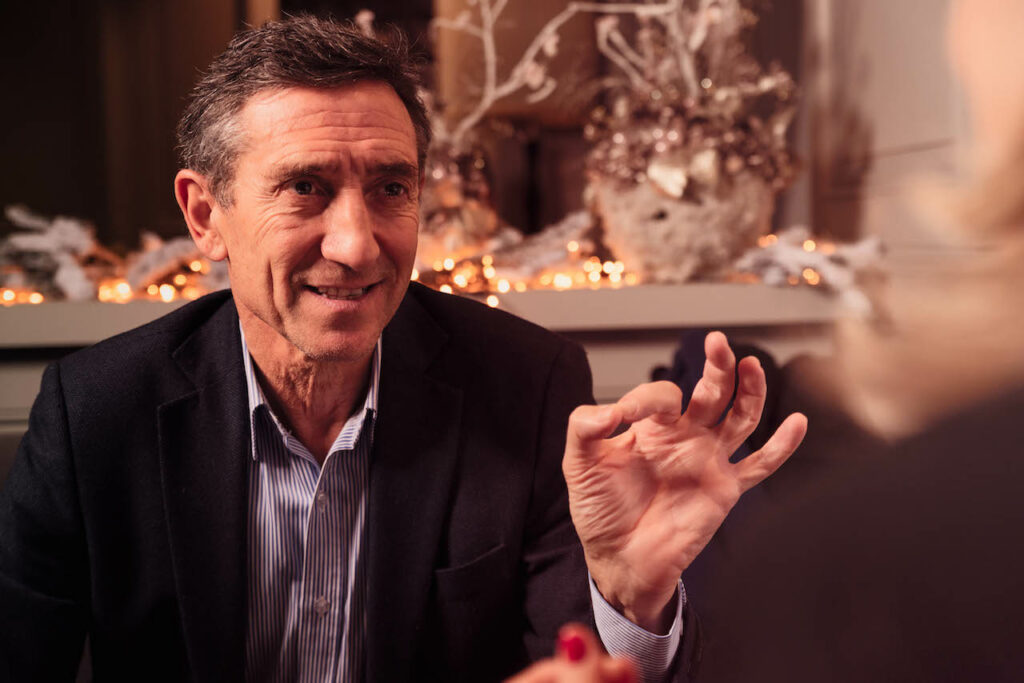
One essential tool for aligning your people is a company vision and core values. Core values should not be just words that sound good on paper; they must actually reflect the values shared by the employees. Most companies have implicit values—the values embodied in the employees and the leadership of the organization. So rather than ‘inventing’ fundamental values in the abstract, it makes a lot more sense to start by reflecting on who makes up your team and what those people represent.
For this blog post, it is with great pleasure that I introduce you to the amazing and talented professional, Patrick Dutartre—someone who really knows about high-functioning teams! Mr Dutartre served as director of communication and international relations for the Air Force before being an advisor to two Foreign Ministers, then director of strategy for a private group. A former fighter pilot, he was also leader of the Patrouille de France (the French ‘Red Arrows’).

Patrick Dutartre agreed to meet with me at the Hotel de Vendôme restaurant for a coffee and to share some of the management techniques of his iconic team. He revisits the fundamentals of team management through techniques and procedures used within the Patrouille de France.
"From the initial formation of a team to debriefing, we use the same tools as business, even if the rigor is greater within the patrol. Briefing through training and operations are no doubt one’s most essential tool: as Leader of the Patrouille de France, I would be briefing a vision of what I see is possible, and then inspiring and engaging the team in turning that vision into reality. The clear transmission of these objectives—both of their general conditions and of the methodology to apply in an operation in order to achieve its goals—is one of the most powerful and effective tools, used in the world’s highest elite training environments.
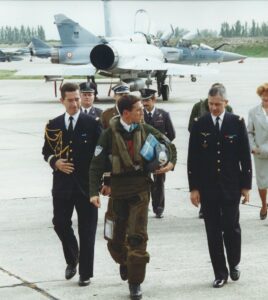 A fighter pilot’s life and environment is not “only“ like the fancy world of Top Gun. It is a job, and it involves many hours of flying and lots of paperwork. The people that get these elite positions know what they want and go for it. They are confident; they work very hard, study hard, and don’t let obstacles get in their way. Once a mission is completed, there is a lot of listening—debriefing—to review the results as well as to deal with failures.
A fighter pilot’s life and environment is not “only“ like the fancy world of Top Gun. It is a job, and it involves many hours of flying and lots of paperwork. The people that get these elite positions know what they want and go for it. They are confident; they work very hard, study hard, and don’t let obstacles get in their way. Once a mission is completed, there is a lot of listening—debriefing—to review the results as well as to deal with failures.
What matters is what you are going to do about it the next time. We don’t look for a culprit, we concentrate our work and energy on finding a solution. Teamwork is vital in the military because an individual rarely works alone: thousands of people perform various roles to accomplish the goal of the wider team. If you fail, your team fails with you.
How does this compare to business? I think the key differences I see are the level of engagement with(in) the team, and the relentless search for improvement".
All of this boils down to thinking beyond what individuals do. To motivate people to be part of something bigger. High-functioning teams can accomplish a lot more working together than can individuals working autonomously. Creating them requires a range of skills that are as much about personal empathy as top-down leadership.

In a business context, a company’s mood usually matches that of its leader. A real leader builds relationships that focus on people—they need to influence in order to realize their vision. Leaders have people who go beyond simply following them: Your followers become your fans and promoters—helping you to build your brand and achieve the company's goals and objectives. Your followers help increase your visibility and credibility. It’s a virtuous circle.
Ultimately, it’s about listening, humility, adaptation, creativity, and recognition—essential qualities to cultivate and implement to develop mutual trust; an alchemical formula that will effectively focus the extremely diverse personalities of team members towards a common goal that is to be reached and exceeded collectively.
Cheers!
Ana Paula Araujo Mendes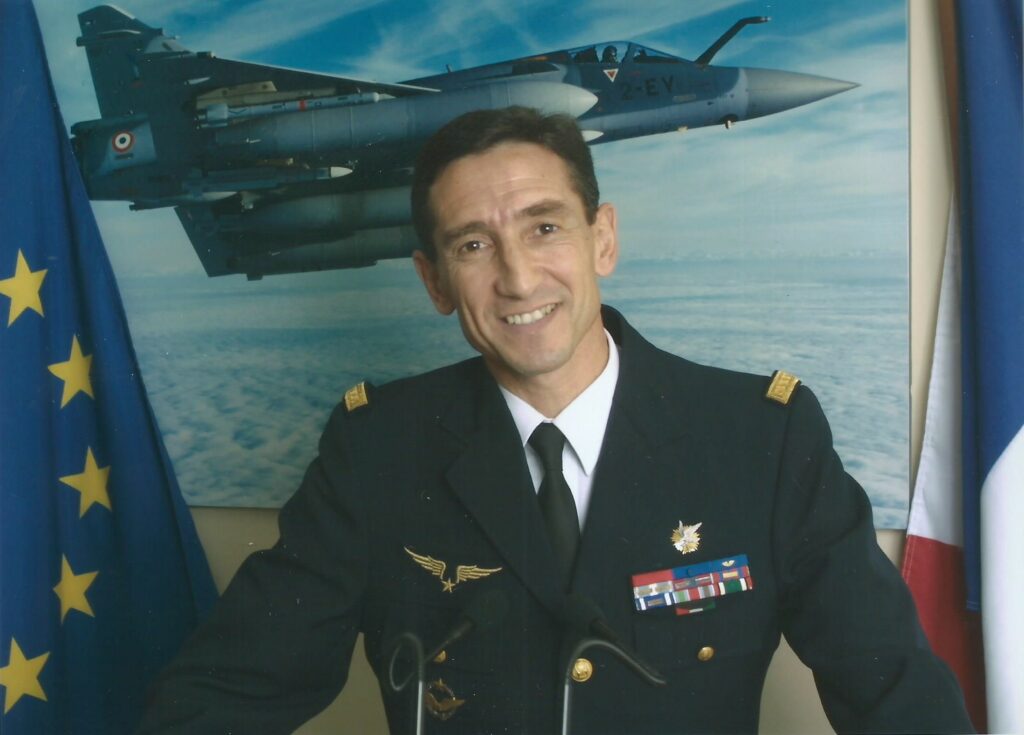
Mr. Patrick Dutartre
General aviation, fighter pilot, and former leader of the Patrouille de France, Patrick Dutartre was director of communication and director of international relations of the Air Force, before being advisor to two ministers of foreign Affairs. Deputy CEO of a private group, he then founded ALTEUS-Partners, a consulting firm specializing in Operational Excellence and Aeronautical Expertise.
Mrs. Claire Hannouche, Chef de Réception Front Office Manager and Mr. Aurélier

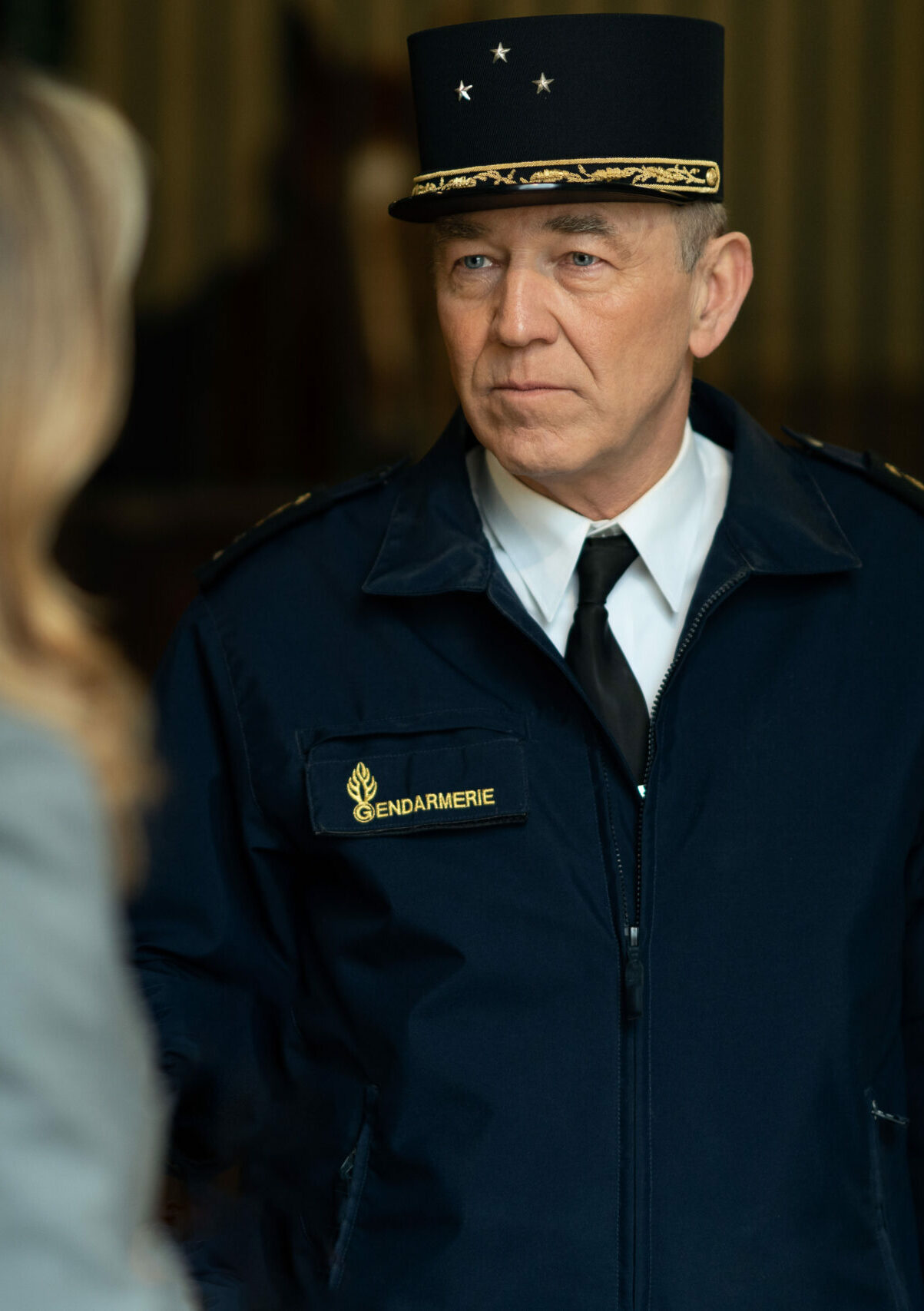
Aerospace and Defense Actors
General Damien STRIEBIG: Information Management - How Do You Prepare a Major unit for the Unpredictable
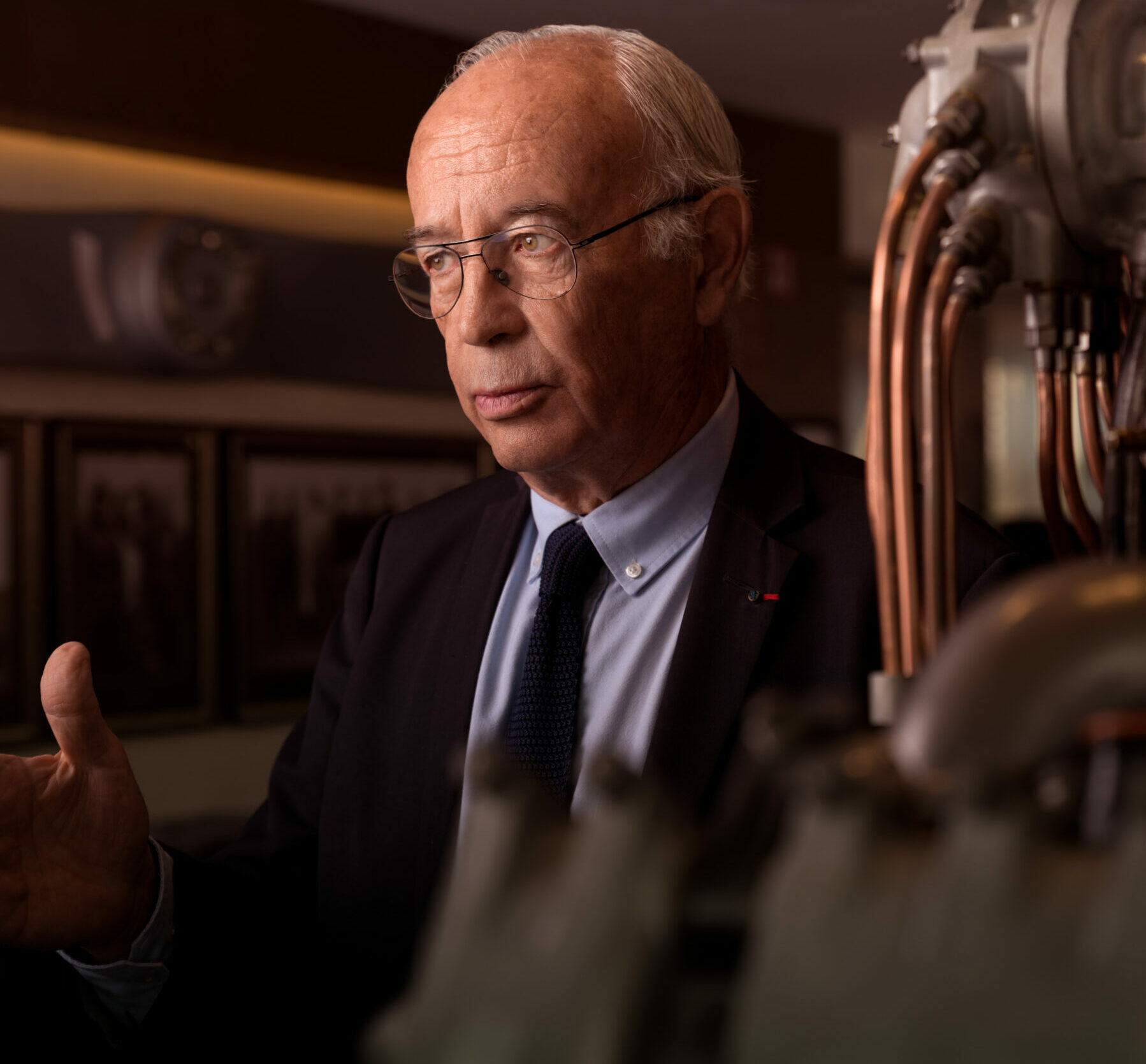
Aerospace and Defense Actors
The Oiseau Blanc: To Those Who Tried and the Ones Who Succeed: The True Passion and Heart of the Pilot
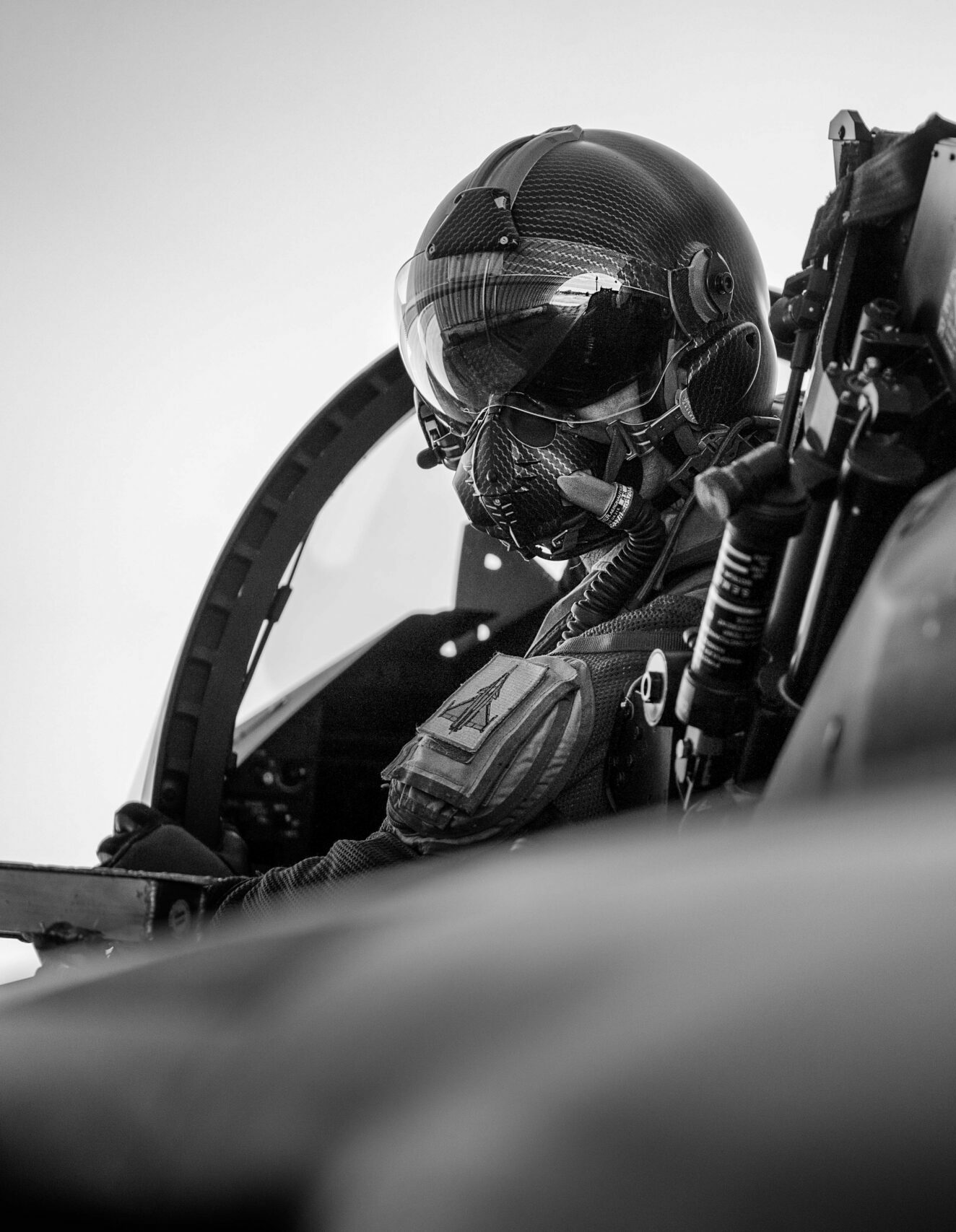
Aerospace and Defense Actors
The New Resilience Paradigm: The Face of the World After Coronavirus
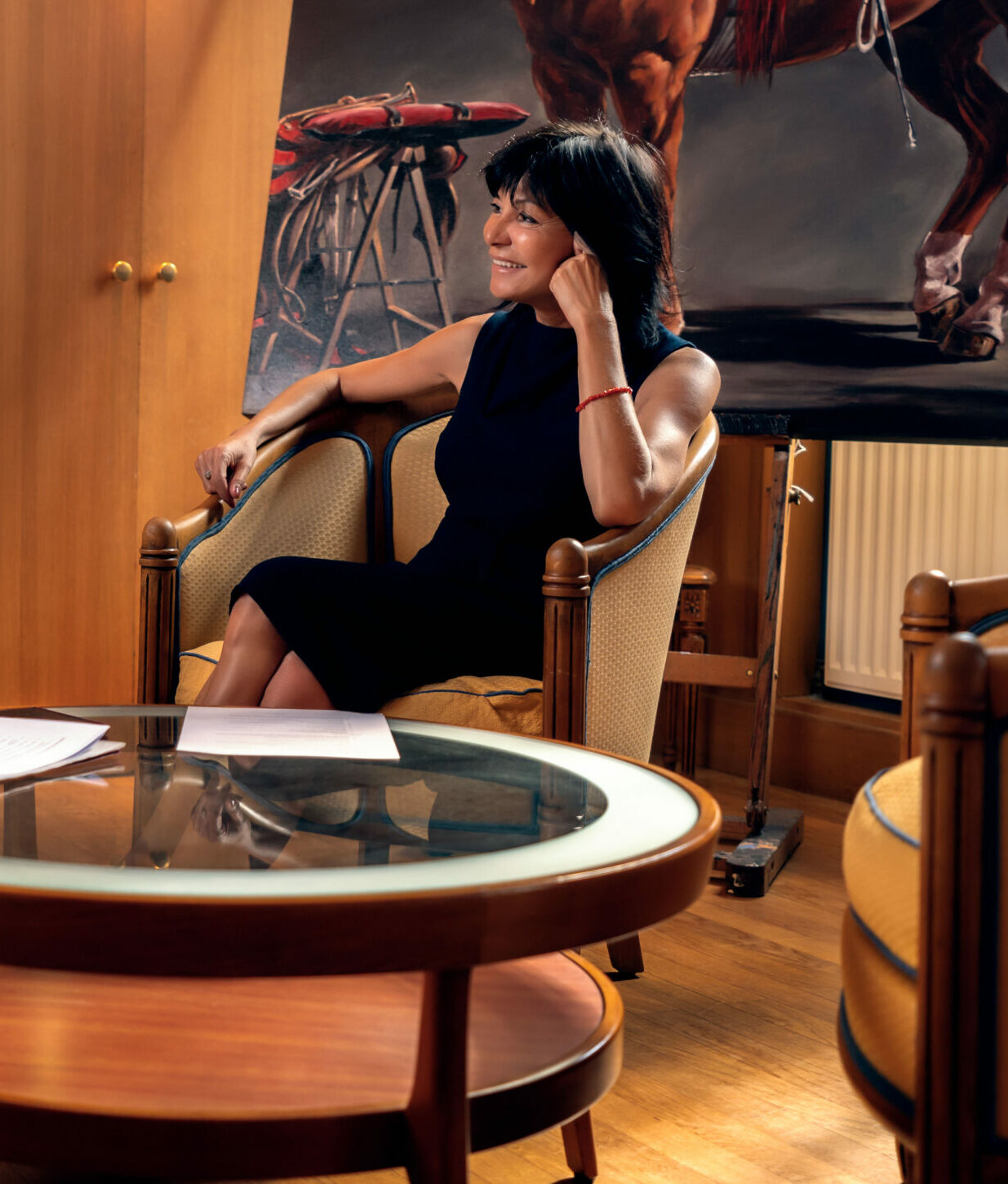
Aerospace and Defense Actors
Isabelle Tisserand: Making Intelligence Smarter

Aerospace and Defense Actors
Michel Tognini: The Astronaut Secret. Strategy, Communication, and Time Management Are Key
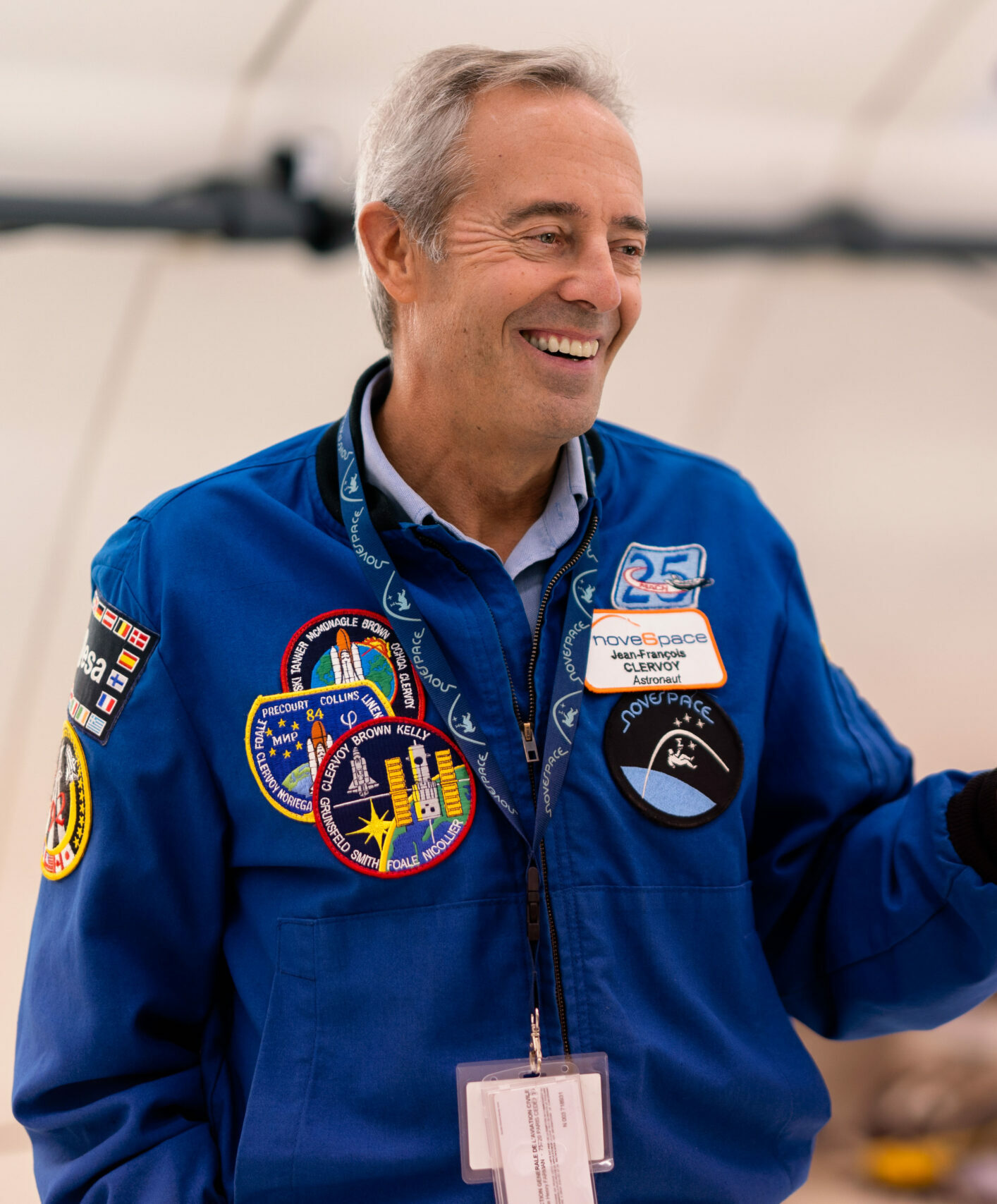
Aerospace and Defense Actors
Astronaut Jean-François Clervoy - Parabolic Flying and The Zero G: How 22 Seconds Can Change the Future of the World
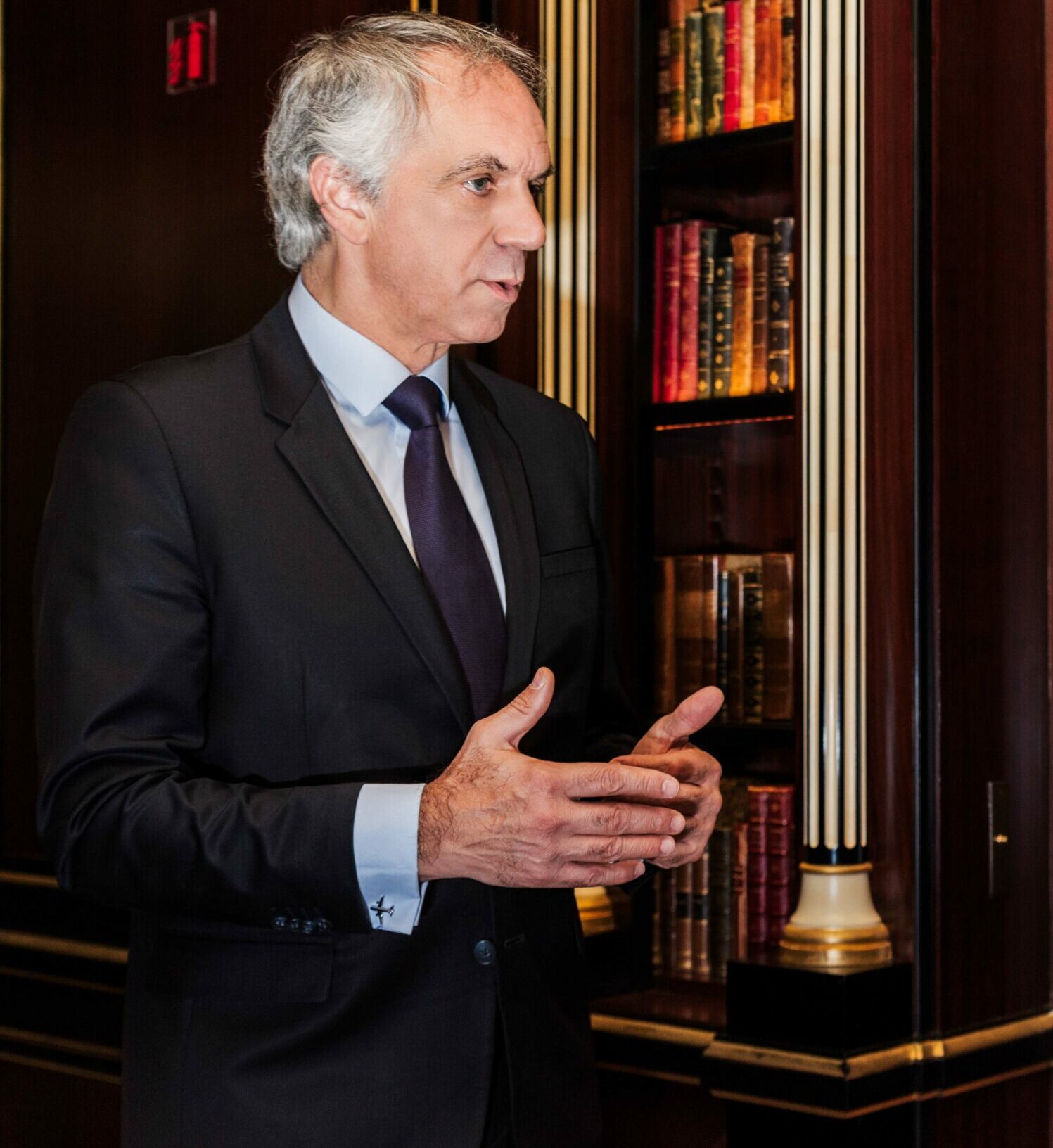
Aerospace and Defense Actors
Philippe Boissat - The future requires vision. Seeing through human eyes or satellites?
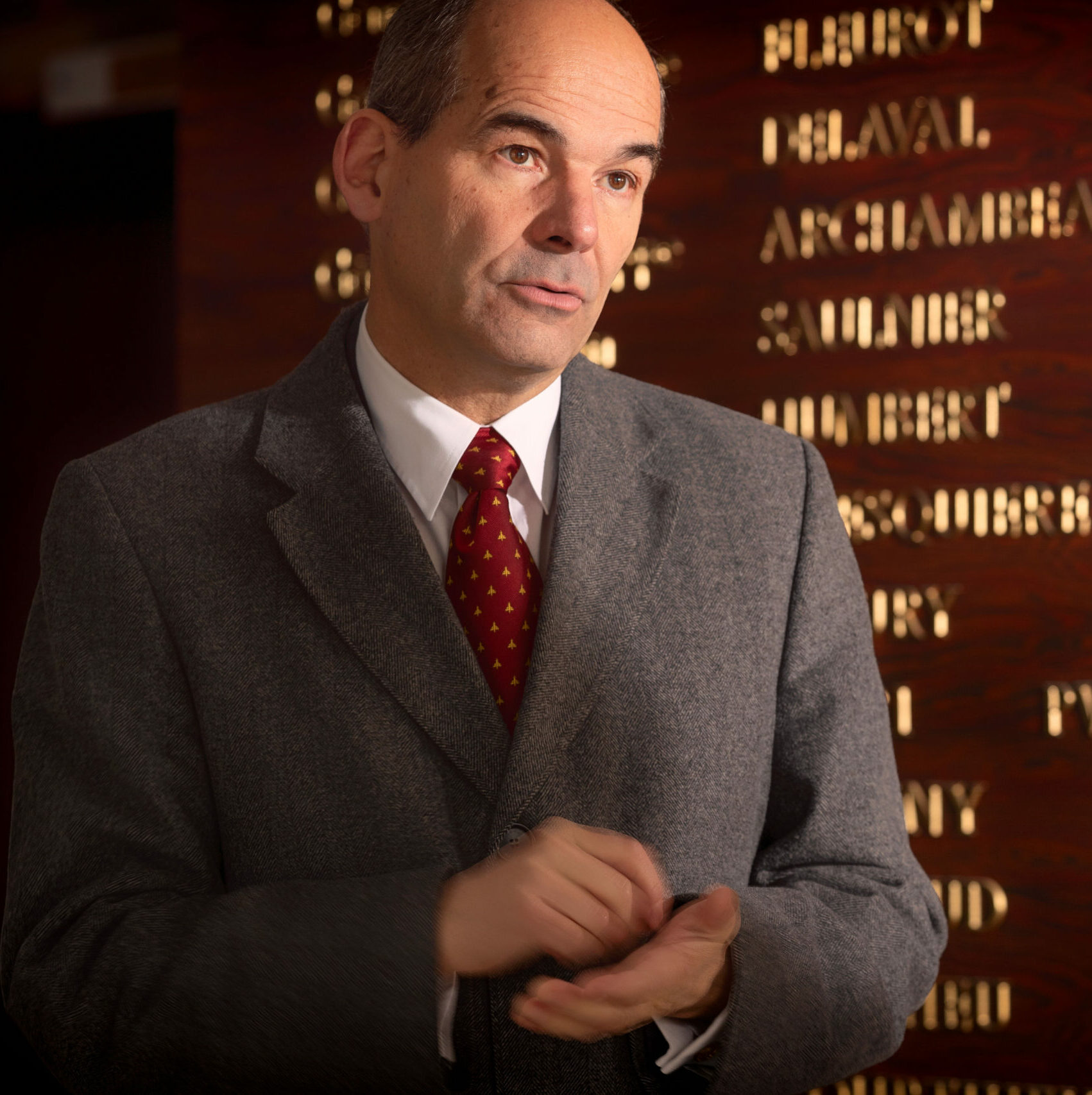
Aerospace and Defense Actors
General Patrick Charaix: Information Value and Quality on the Innovation Process Performance in a Collaborative Context
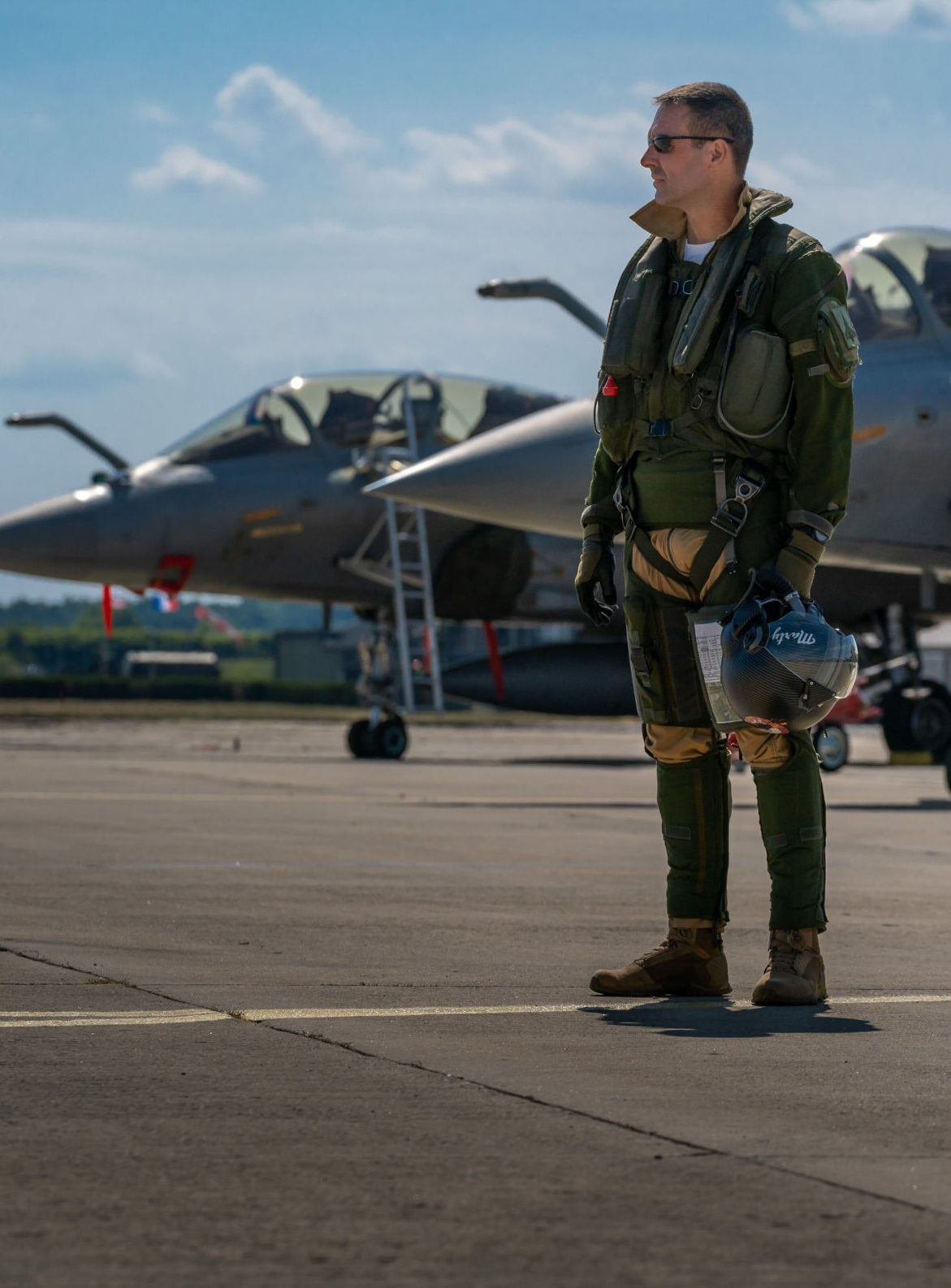
Aerospace and Defense Actors
French Air Force - Captain Jean-Guillaume Martinez: A Life Dedicated to Others: The Nation’s Real Stars

